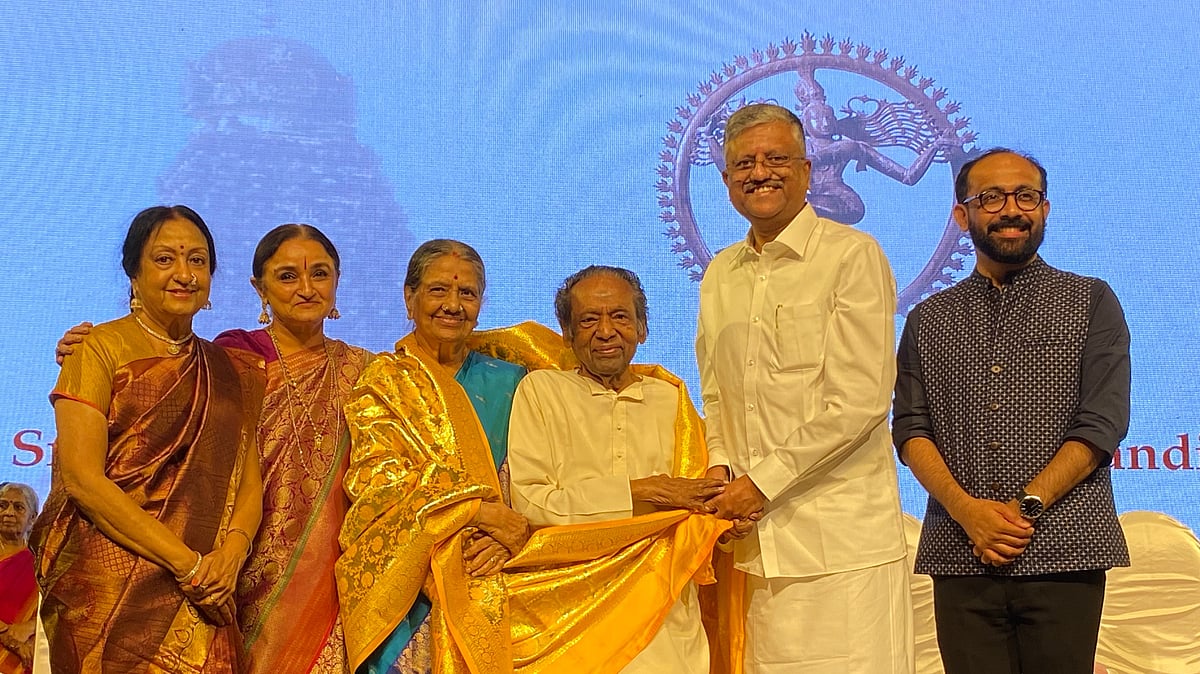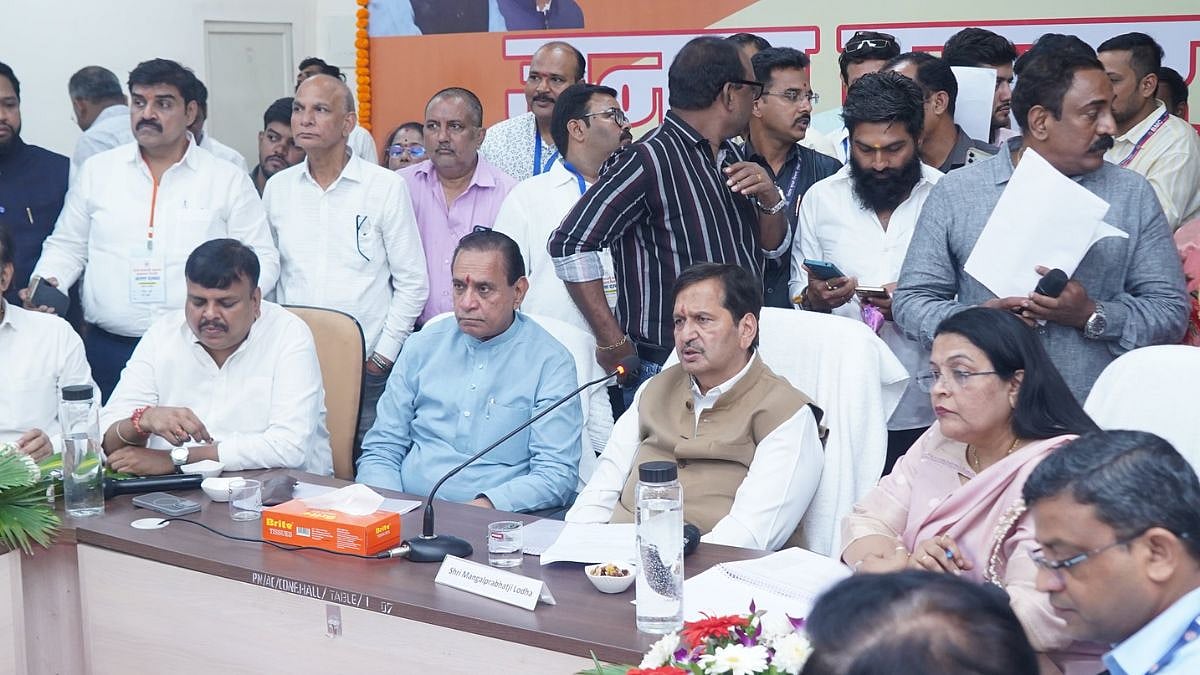It is now as common to see a uniformed delivery ‘executive’ riding a scooter with a box of parcels behind his back as a bird flitting on the ground from one spot to another. Delivery executives have made our life easier. If we live like kings and queens today, ordering things seated on our couch and demanding that they be produced before us without delay, we have to give them credit. For us as consumers, life was never so good. But is life also good for the delivery executives?
Ask the delivery executives of Blinkit who serve customers in the Delhi-National Capital Region (Delhi-NCR) region that includes Delhi, Gurugram, Faridabad and Noida. They will say their life is not so good. Blinkit, the online grocery platform of the online food delivery platform, Zomato, suddenly reduced their per delivery fee from Rs 25 (Rs 32 during peak hours) to Rs 15 flat, in early April. The delivery executives were already denied paid holidays, sick leave, health insurance, accident insurance, provident fund or pension. On top of it, there was a 40% drop in their monthly income. They went on a two-week strike, forcing Blinkit to suspend its delivery services.
The problem is not specific to Blinkit. The delivery executives of all online delivery platforms face similar issues. At the root of their conflict with the employers lies the definition of ‘delivery executive’ itself. The employers define delivery executives as ‘contractors’ or ‘partners’ and not as employees. They say they execute services for which they are paid a per-unit fee, not a monthly salary or daily wage. Of course, they are right. The delivery executives cannot expect to be treated like permanent workers. However, they cannot be treated like yoked animals either. They are human beings. They must be given an adequate fee, paid holidays and health, accident and life insurance, and other benefits.
It is not only the delivery executives of online platforms who deserve these benefits. They are but a small number of workers earning their livelihood in the booming gig economy of India. Gig means a temporary job performed on demand. Delivering restaurant food, grocery or medicine is a gig. Driving a passenger from one destination to another in a Uber or Ola taxi is a gig. Providing home-based services such as cooking, carpentry, nursing, cleaning, repairs, tutoring, childcare, massage, facial or electrical or AC repairs is also a gig. Playing music or doing photography at a wedding too is a gig.
Working on road and bridge projects, housing projects and software development projects is a gig. Working on logistics and transport as drivers, loaders and helpers is also a gig. There are gig workers not only in the retail, infrastructure, housing, IT and ITES (IT-enabled services, such as call centres), logistics and transport sectors. There are gig workers also in manufacturing. There is no sector today which does not have gig workers. Many of the gig workers now hire out their services through freelancing platforms. The workers might be known by different names: informal, contractual, casual, daily-wage, temporary or freelance. But the terms of their employment are the same: they are hired for jobs on demand and fired if there are no jobs to do.
The number of gig workers across businesses in India is exponentially growing. A report of the India Brand Equity Foundation in 2020 estimated that in the following five years the percentage of gig workers in the FMCG-Pharma sector will soar from 15% to 69%, in manufacturing from 35% to 65%, in the BFSI (banking, financial services and insurance) sector from 32% to 56%, in the services sector from 47% to 76% and in the IT and ITES sector from 57% to 60%.
The process of hiring gig workers had started before the spread of Covid. But the pandemic accelerated it in a dramatic manner. Many companies realised that it was more advantageous to have contractual, temporary and part-time workers than permanent workers. It reduced costs in terms of buying or renting office spaces, paying bills on overheads, spending for the training and skilling of workers.
If the vehicle of the gig economy has to roll on robust wheels, the employers must create a hospitable and happy environment for the workers. They cannot go on reducing the per unit payments to workers, as Blinkit did, and expect them to be contented and loyal. They must provide them paid holidays and sick leaves, and enable them to get health benefits, accident and life insurance, provident fund and pension. In 2020, the central government passed a Code on Social Security for gig workers with provisions for life and disability cover, accidental insurance, health and maternity benefits, old age protection and other benefits. The employers are not willing to pay for these benefits. The government needs to take measures to motivate them to implement the code. One way to motivate them would be to synergise the government’s social security schemes such as the Pradhan Mantri Jan Arogya Yojana, the Pradhan Mantri Suraksha Bima Yojana and the Pradhan Mantri Jeevan Jyoti Bima Yojana with employers’ schemes. The Rajasthan government has taken a significant step by proposing a law to set up a gig workers welfare board. Both the central and state governments have to do much more to protect the interests of gig workers in an economic environment when employers in all sectors are converting formal jobs into gig jobs at a very fast rate.
The government often speaks of the country’s ‘young demographic dividend’. However, that would be an empty phrase unless it builds a sustainable gig economy by making the country’s youth happy. The young Indians who are working in the gig economy have at least school education, a smartphone and a scooter. They do not want to do a 10-5 job like their parents. They want a job where they have flexibility of choosing the employer, the job, the place and the hours of work. They want a good income and a good work-life balance. If the gig economy fails to provide them what they want, they would be discontented and move away from it. And those who stay on in it will not give their best to the job, causing the erosion in the brand value of the employer. Both the government and the employers should take steps to prevent disillusionment of the youth with the gig economy from happening.
(Arun Sinha is a writer and commentator on social, economic and political affairs)











